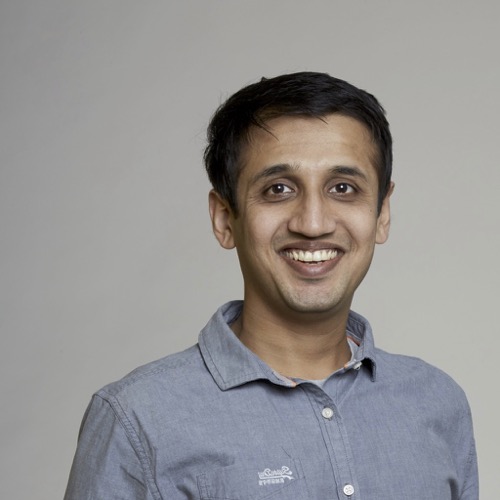
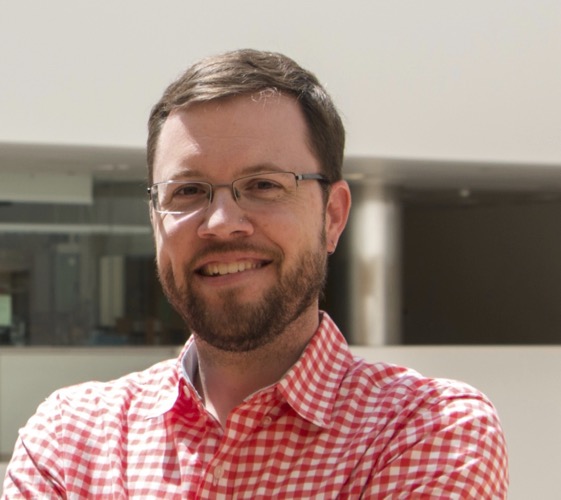
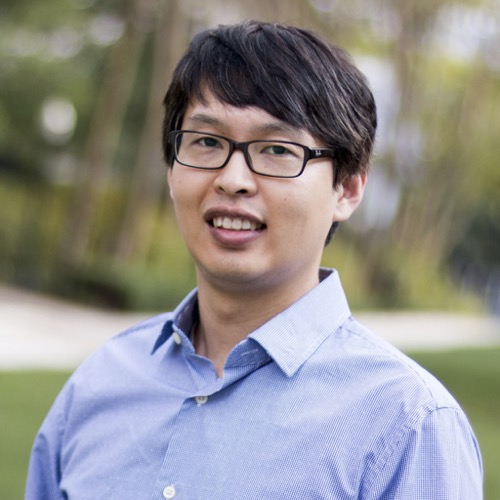
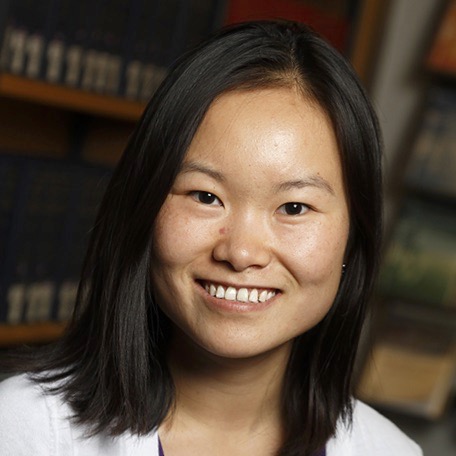
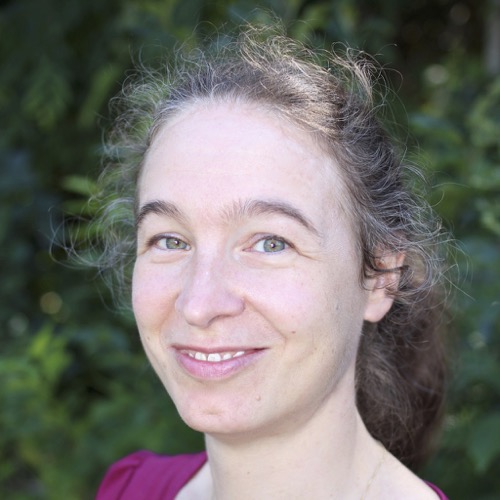
2018 Vallee Scholars Appointed
Boston, MA – September 2018 – In line with The Bert L and N Kuggie Vallee Foundation’s goal to fund originality, innovation and pioneering work, we are delighted to announce the 2018 Vallee Scholars. Chosen from an internationally nominated pool of early career researchers, five talented scientists now join the 19 Scholars appointed to date. Vallee Scholars are part of a community of junior faculty in the United States and Europe who are expanding the boundaries of our knowledge and are dedicated to understanding fundamental biological processes.
 Tanmay Bharat, PhD, Group leader, Sir William Dunn School of Pathology, University of Oxford, UK
Tanmay Bharat, PhD, Group leader, Sir William Dunn School of Pathology, University of Oxford, UK
 Mark T Harnett, PhD, Assistant Professor, Brain and Cognitive Sciences, Massachusetts Institute of Technology
Mark T Harnett, PhD, Assistant Professor, Brain and Cognitive Sciences, Massachusetts Institute of Technology
 Eunyong Park, PhD, Assistant Professor, Department of Molecular and Cell Biology, University of California, Berkeley
Eunyong Park, PhD, Assistant Professor, Department of Molecular and Cell Biology, University of California, Berkeley
 Sichen (Susan) Shao, PhD, Assistant Professor, Department of Cell Biology, Harvard Medical School
Sichen (Susan) Shao, PhD, Assistant Professor, Department of Cell Biology, Harvard Medical School
 Josien Van Wolfswinkel, PhD, Assistant Professor, Department of Molecular, Cellular, and Developmental Biology, Yale University
Josien Van Wolfswinkel, PhD, Assistant Professor, Department of Molecular, Cellular, and Developmental Biology, Yale University
Tanmay Bharat, PhD, is a group leader in the Sir William Dunn School of Pathology, University of Oxford, UK, where he studies bacterial biofilm formation, using high-resolution electron microscopy techniques, to resolve structures of molecules that mediate biofilm formation. These imaging techniques are combined with biochemistry, microbiology and mass spectrometry (MS) to understand how bacterial cells switch from a planktonic to a community lifestyle. Bacterial biofilms play a role in many diseases and medical conditions including cystic fibrosis, bone, wound and urinary tract infections. Read more....
Mark T Harnett, PhD, is the Middleton Career Development Assistant Professor of Brain and Cognitive Sciences at MIT and an Investigator in the McGovern Institute for Brain Research where he is working to develop a mechanistic and quantitative description of how experience engages cortical plasticity by focusing on calcium signaling, the critical link between neural activity and plasticity, at the subcellular level. The Harnett lab aims to provide a new understanding of the biology underlying how mammalian brains learn. This will open new avenues of research into disease states characterized by aberrant learning and memory including autism, schizophrenia, and dementia, and may as well have important implications for designing new, brain-inspired artificial neural networks with broad utility. Read more...
Eunyong Park, PhD, is an Assistant Professor in the Department of Molecular and Cell Biology at the University of California, Berkeley. He is interested in understanding molecular mechanisms of protein translocation—transport of polypeptides across lipid membranes. The Park group combines biochemical and structural approaches, including cryo-electron microscopy. They focus on protein-conducting channels, membrane-bound protein complexes forming a water-filled pore to allow hydrophilic polypeptides to move across the hydrophobic lipid membrane. Read more...
Sichen (Susan) Shao, PhD, is an Assistant Professor in the Department of Cell Biology at Harvard Medical School. There she aims to decode the molecular signals and mechanisms that respond to different types of ribosome stalling using a combination of in vitro reconstitutions, structural biology, and cell-biological approaches. Her long-term goal is to understand how mammalian cells distinguish and degrade rare quality control targets while avoiding similar intermediates of protein biosynthesis to maintain homeostasis, control cell fates, and respond to cellular insults. Read more...
Josien Van Wolfswinkel, PhD, is Assistant Professor of Molecular Cellular and Developmental Biology at Yale University where her research focuses on the regulation and maintenance of a pluripotent stem cell population. Using a combination of imaging, modelling, genetic, and biochemical approaches she is studying how molecular wear and tear is counteracted in planarian (flatworm) stem cells. By understanding the molecular processes that enable the long-term maintenance of stem cell health in planarians, she hopes to reveal regulatory principles that can be applied in other stem cell systems. Read more ...
Vallee Scholars
The Vallee Scholars Program recognizes outstanding early career scientists at a critical juncture in their careers. It provides $300,000 in discretionary funds, to be spent over four years, for basic biomedical research. Candidates are competitively selected based on their originality, innovation, and quality of the proposal as evidenced by ideas and execution, record of accomplishment. 